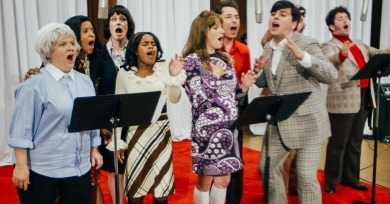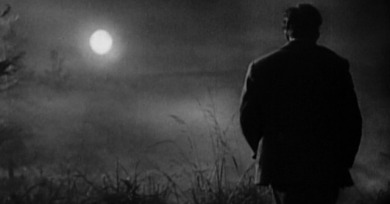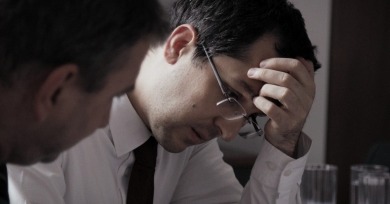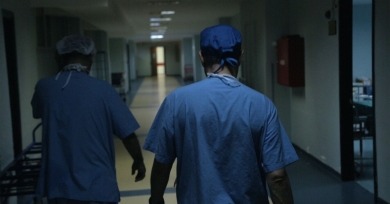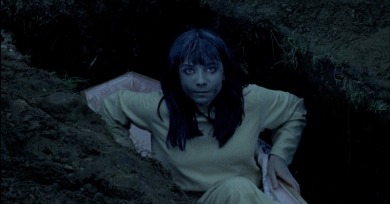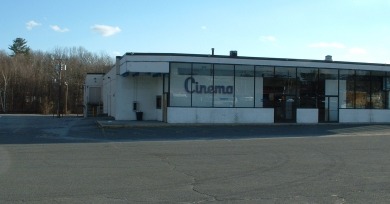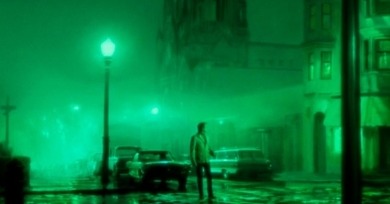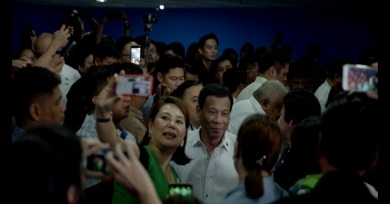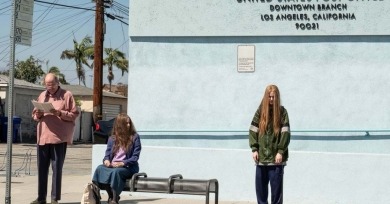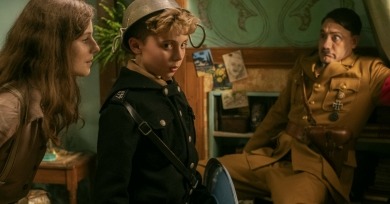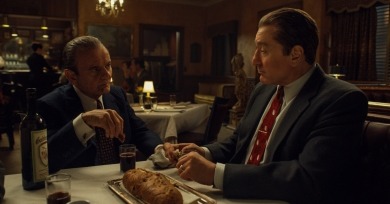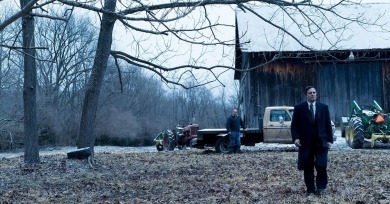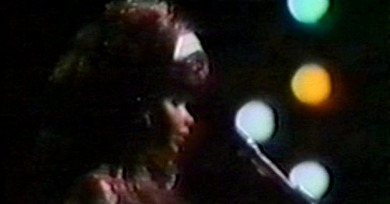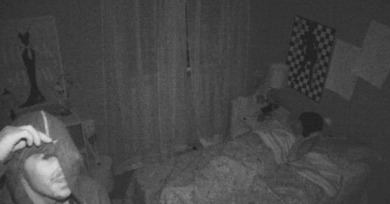Features
The need for the geometric sublimity of music leads two critics to two very different musical movie experiences.
The Brattle, the Castro, and NYC’s great repertory screens, including its crown jewels, Lincoln Center’s Walter Reade and the Sumner Redstone Theater at Museum of the Moving Image. Right now, they’re just empty rooms, but they are also the settings for some of my life’s most profound, moving, and transformative artistic experiences.
With hand sanitizer presence at venues and travelers carrying packs of alcohol wipes, we were aware that life was in the process of reconfiguring itself, but it didn’t quite seem real yet.
It is not interested in the hospital as a site of sickness. Tortum’s documentary is concerned with workers—the human element that can transform the moribund into a “festive” feeling—following the daily doings of surgeons, nurses, janitors, dieners, students, and professors.
The chaos of the moment feels aptly reflected and deeply felt in both a Bogdanovich slapstick classic from the seventies and a Hammer horrror gem from the sixties.
This column will not simply be about great films we saw in theaters, but about films on which are imprinted the mental traces of the past, of the ineffable experiences of seeing them at a certain point in our personal histories.
In this ongoing column, one writer will send another a new piece of writing about a film they have been watching and pondering over, in the hopes that this will prompt a connection to a different film the other has been watching.
Coded Bias, Time, and A Thousand Cuts are films made by women of color about women of color who have had enough with the status quo and taken it upon themselves to demand justice on their own terms.
While I tend to chafe at categorizing directors based on gender, each of these films is richer as a result of their lived experience as women, and the particular struggle of searching for agency in a world that limits it.
Years in Review
Biggest Offense, Best Car Chase, Most Unexpectedly Kubrickian, Biggest Missed Opportunity, Best Audience Experience, Most Offensive Archival Project, Best Long Takes, Most Jaundiced Take on Relationships, Best Reverse Shot, and much more
Years in Review
The Irishman, The Souvenir, Parasite, Atlantics, Uncut Gems, Transit, A Hidden Life, High Life, Portrait of a Lady on Fire, Once Upon a Time ... in Hollywood
Dark Waters is at once a legal thriller, an environmental disaster movie, and a dramatized historical document of a region, spanning decades, from the atomic age to present. On its face, such a project, set primarily in corporate offices, might seem an unlikely fit for Todd Haynes.
Superstar, by design, is not something you fondly recall; like Safe, it’s a film that uses a literal disease as cover for something less medically diagnosable—a social rot so deeply entrenched that there may be no cure.
A Few Great Pumpkins
Unfriended: Dark Web, Penda's Fen, The Collector, Someone's Watching Me, The Queen of Spades, Angst, Amazing Stories: "Go to the Head of the Class"
